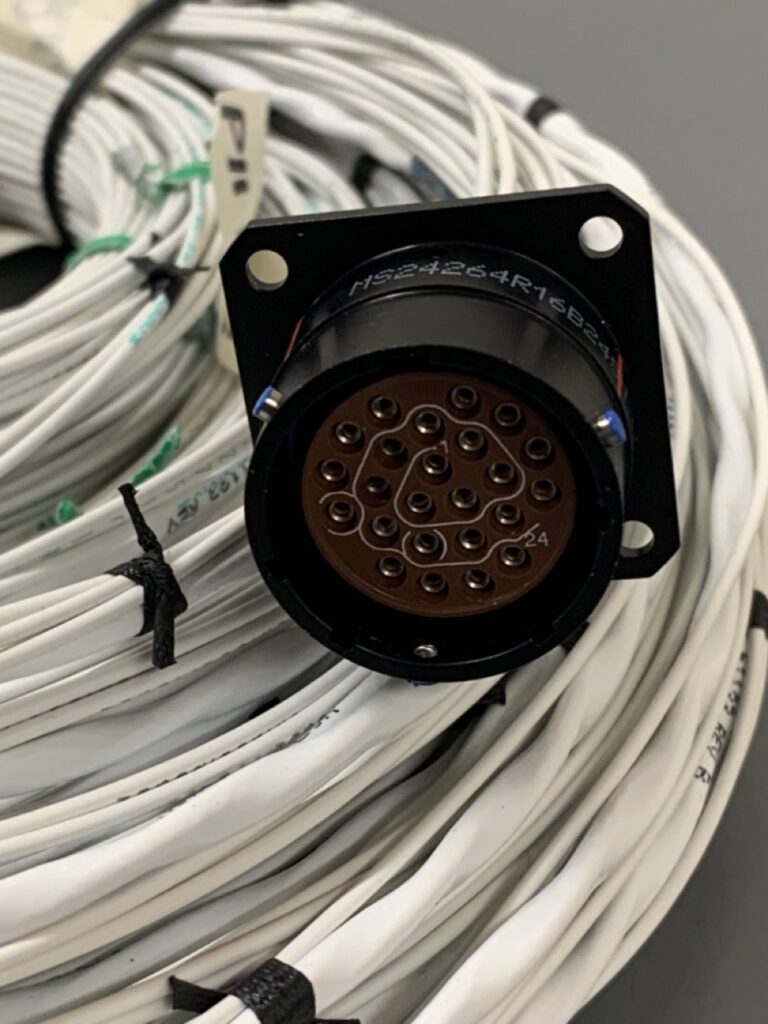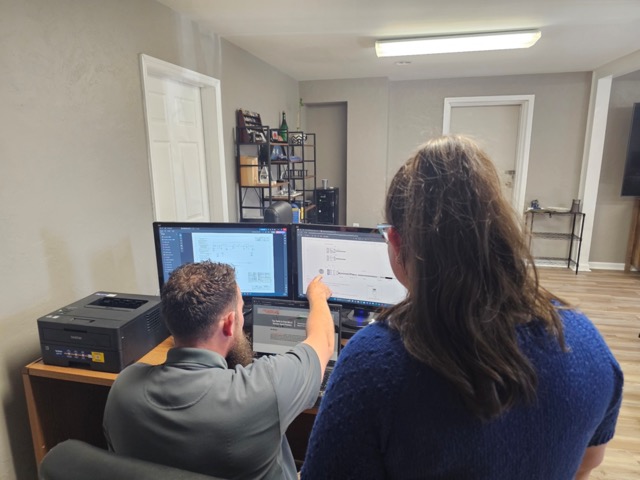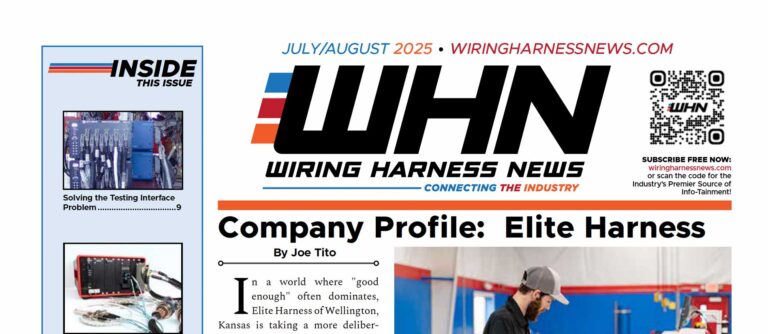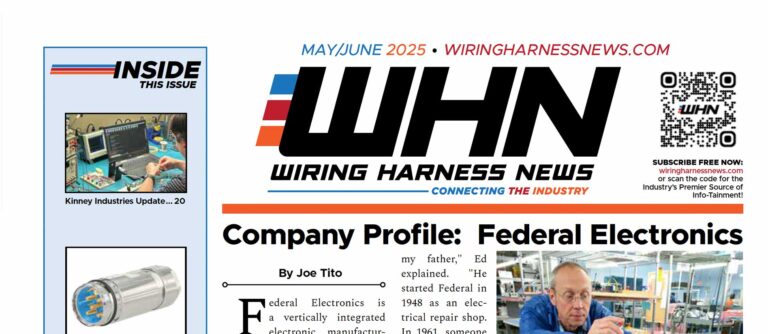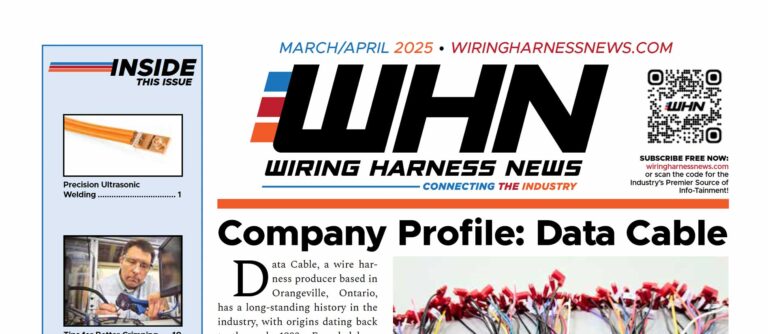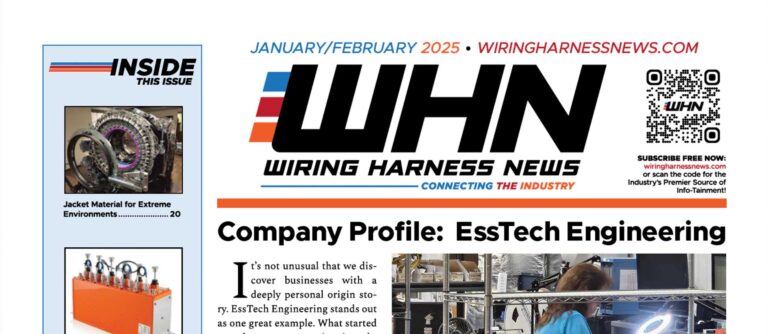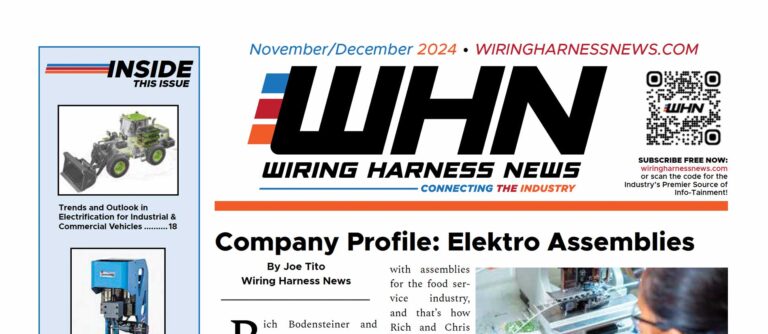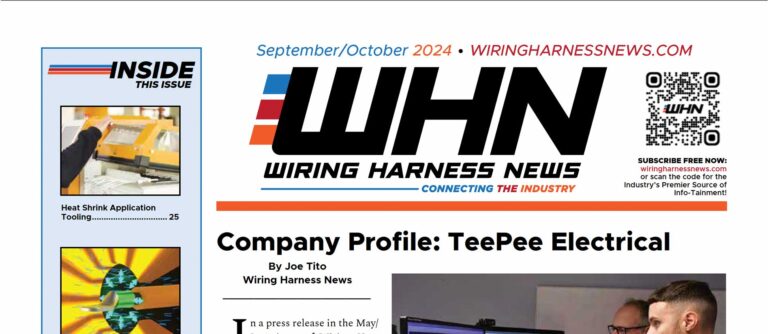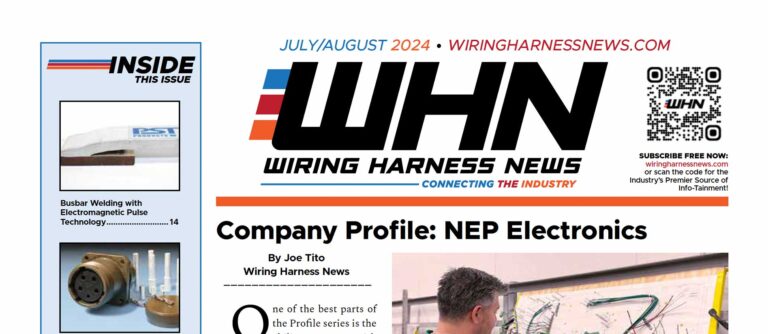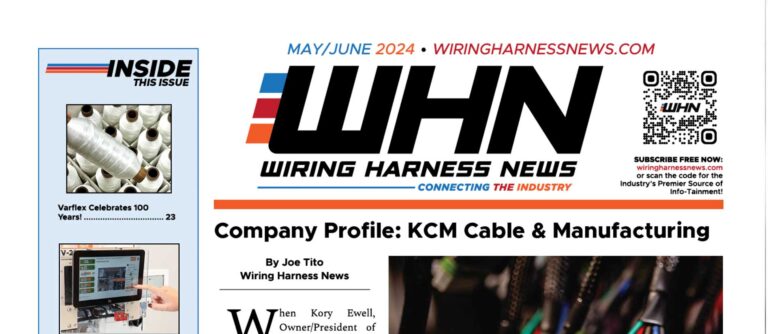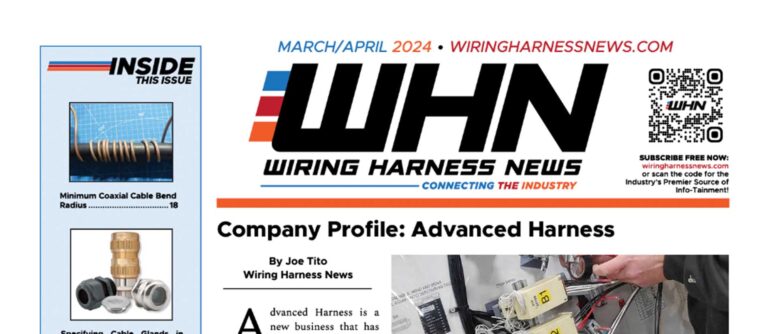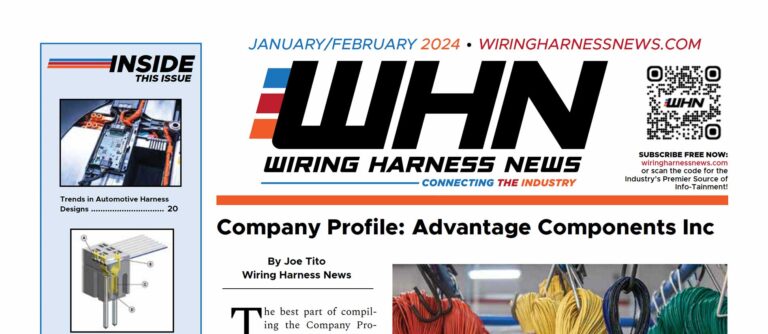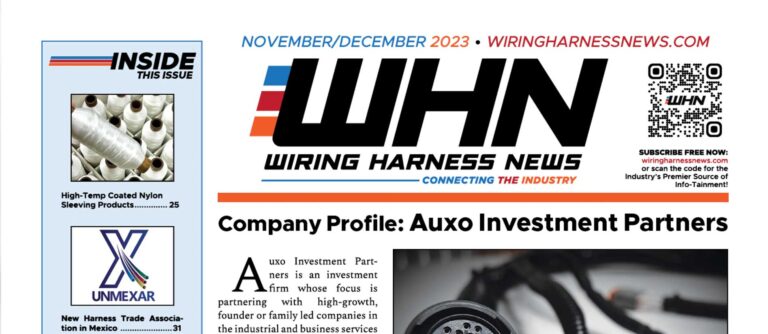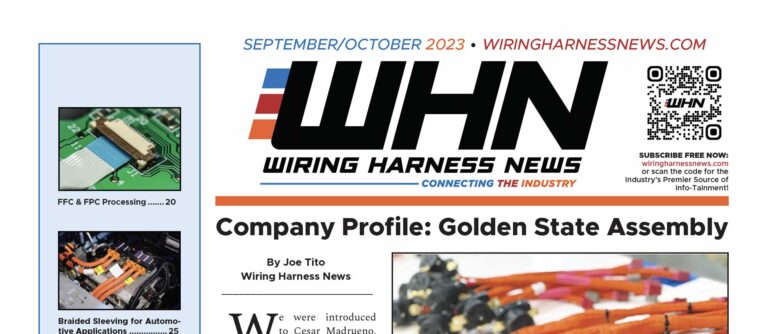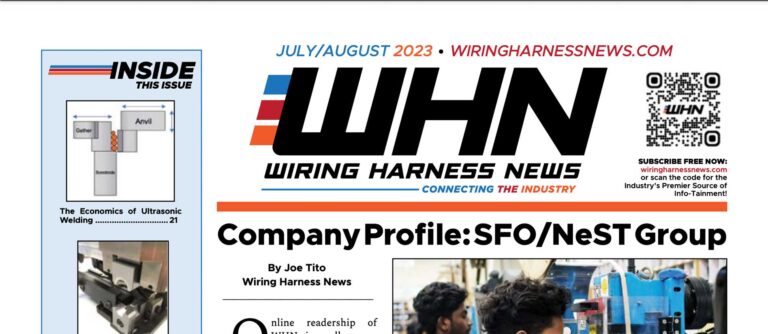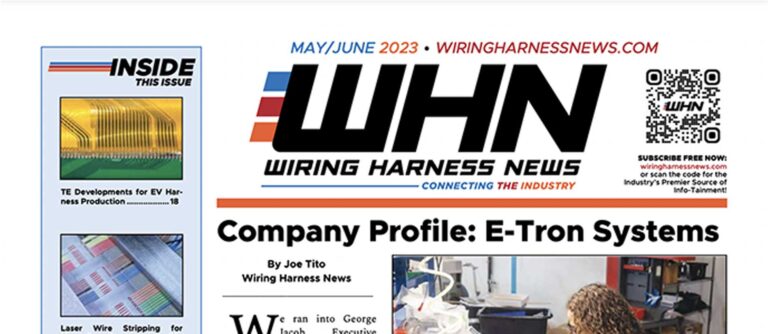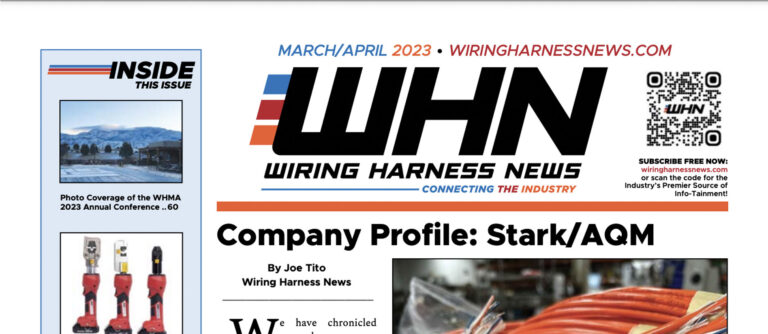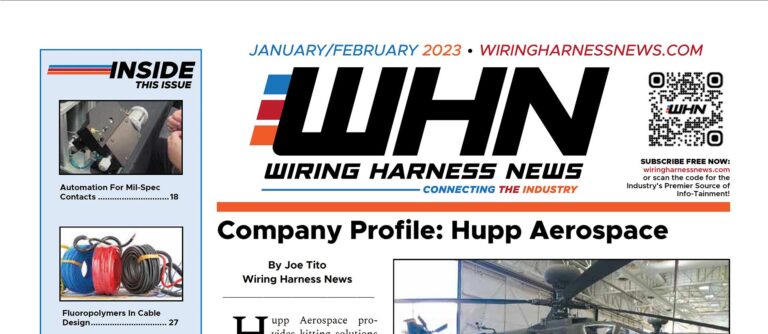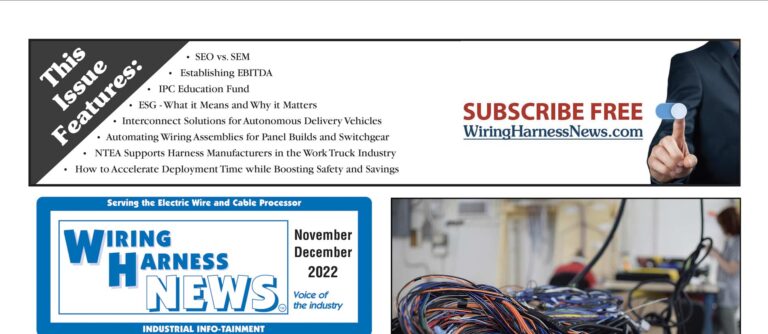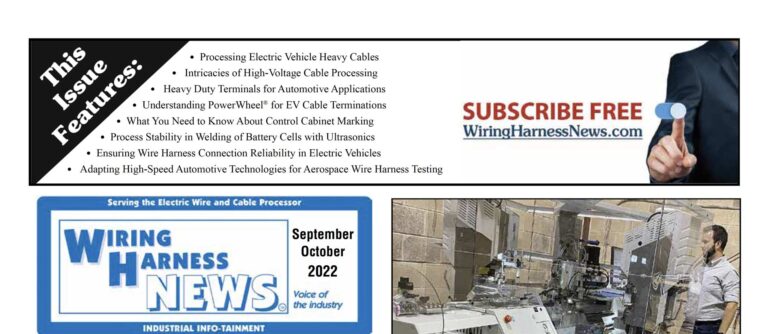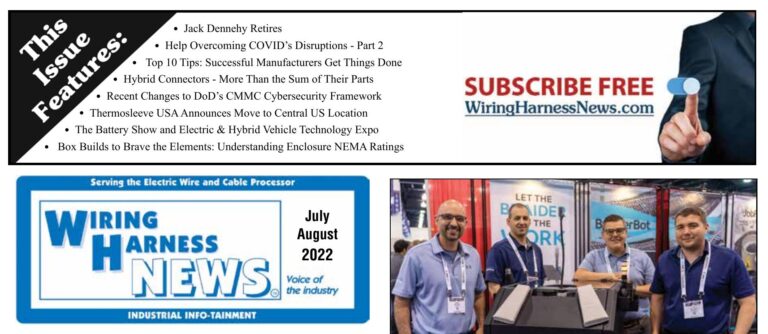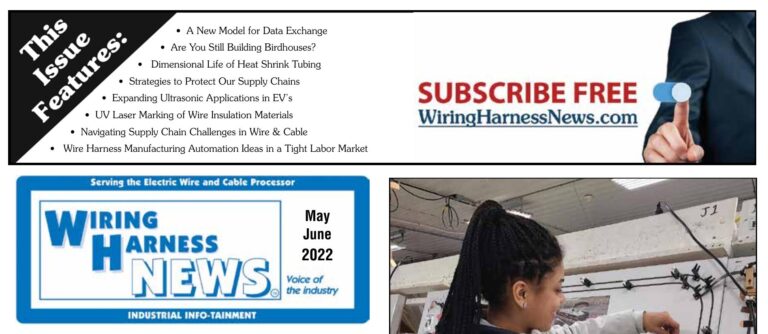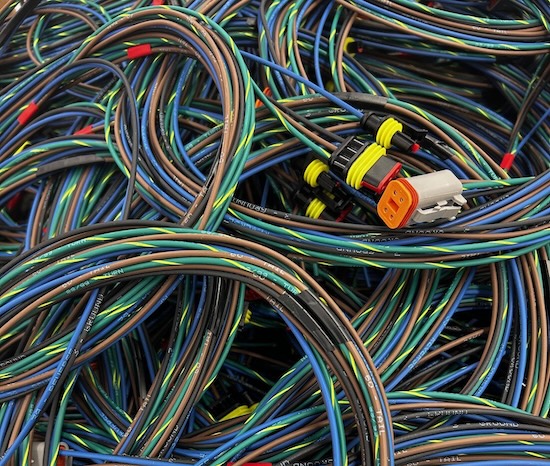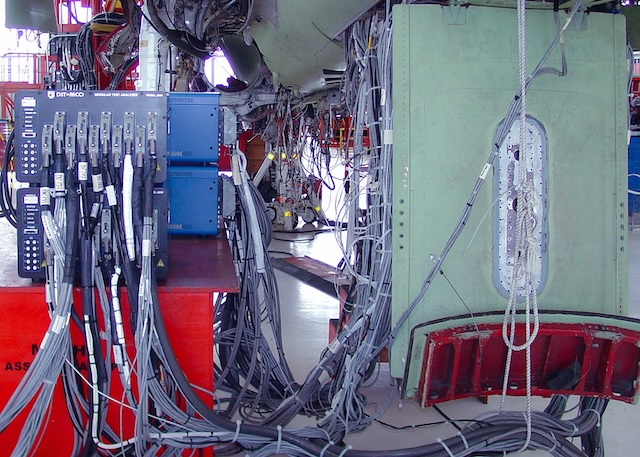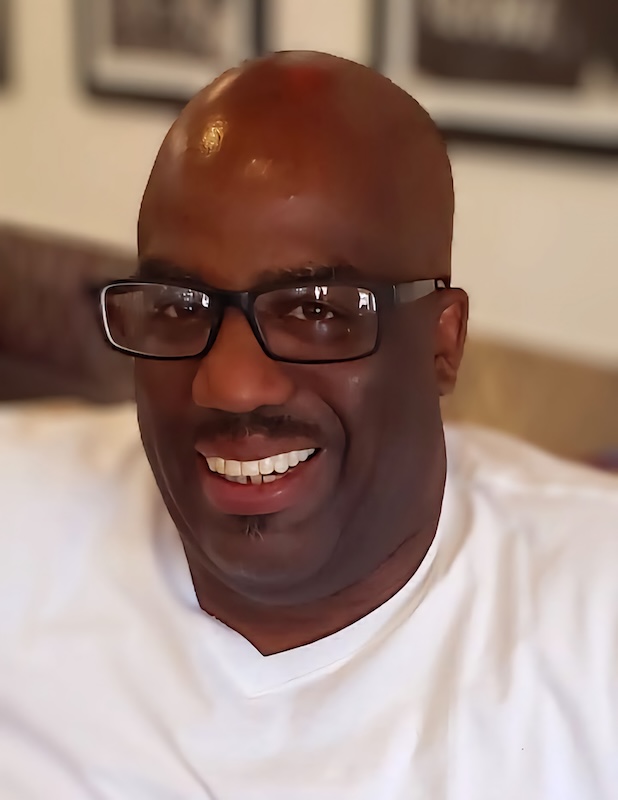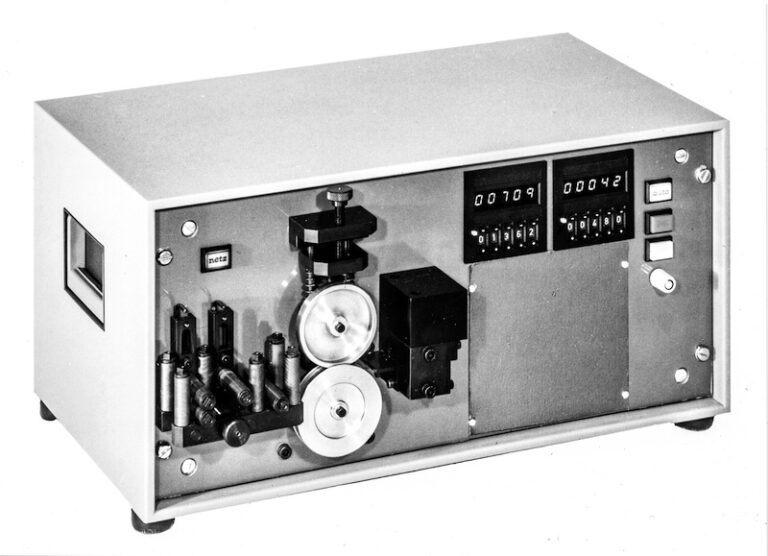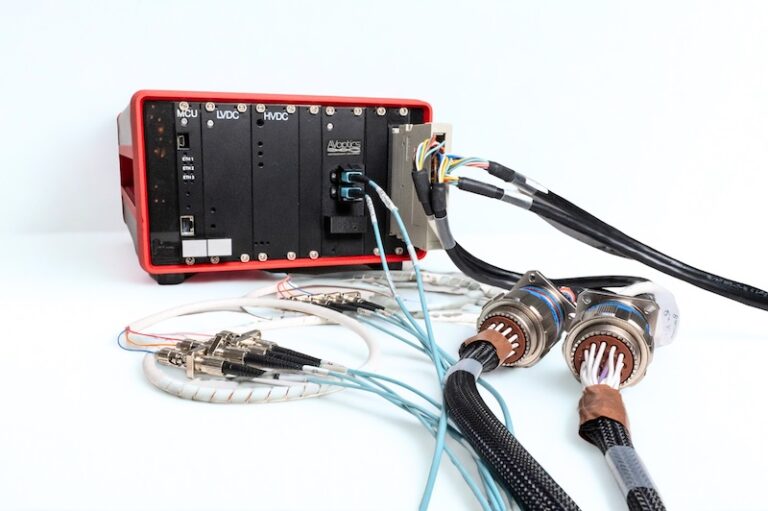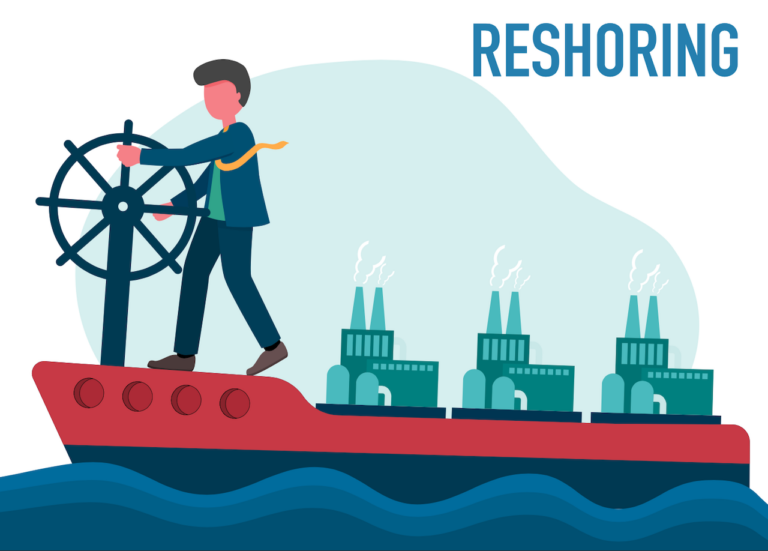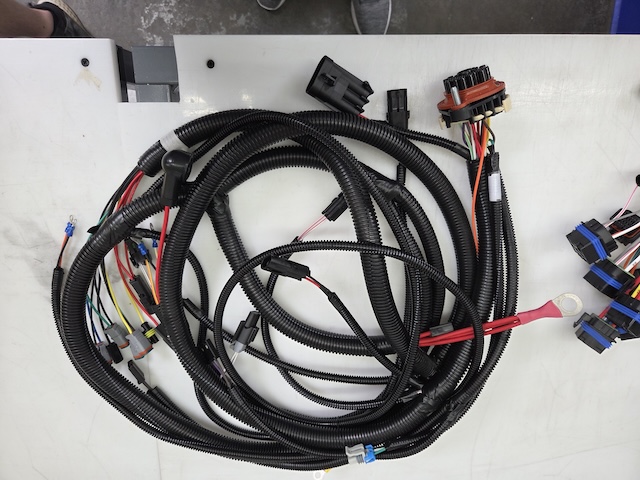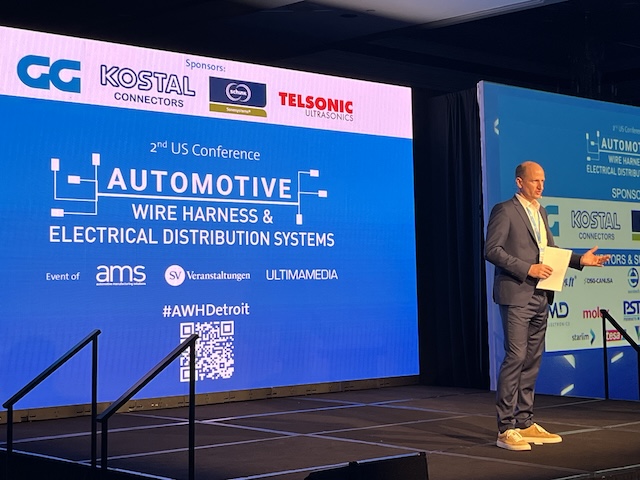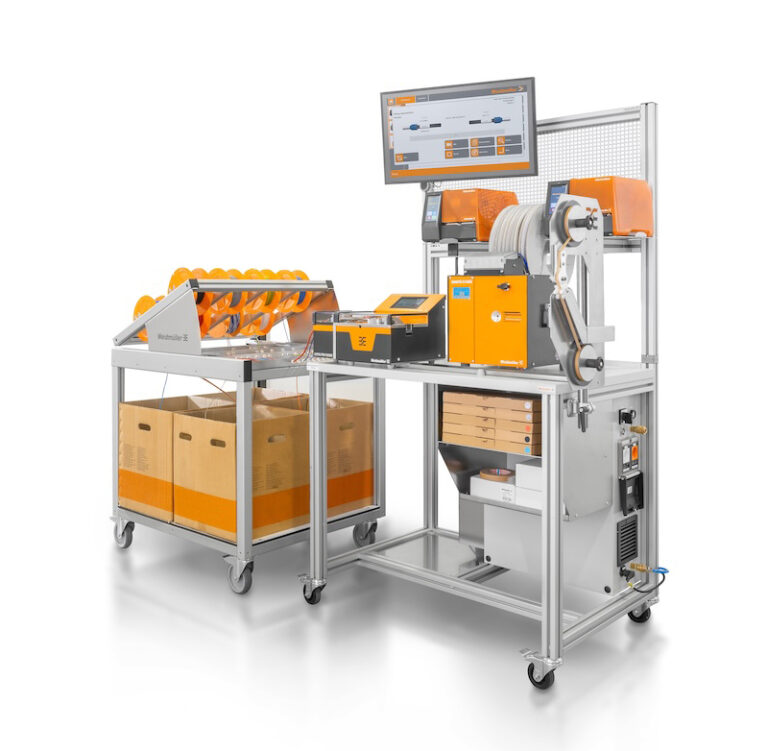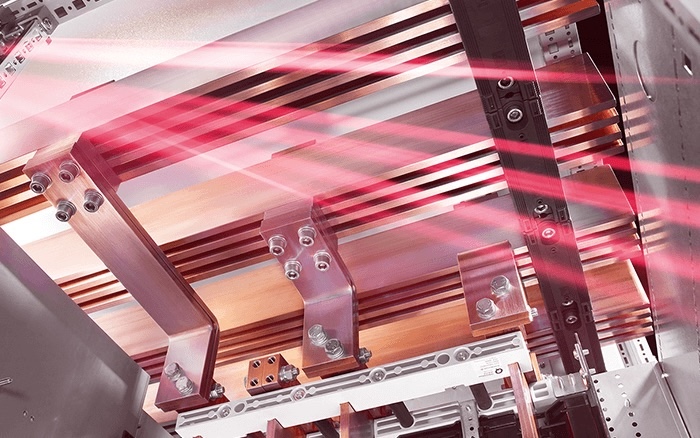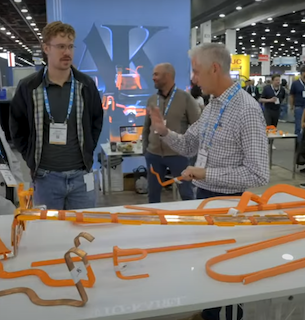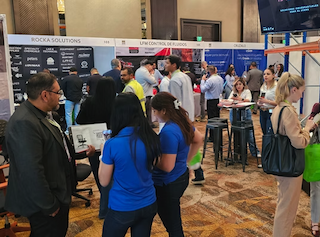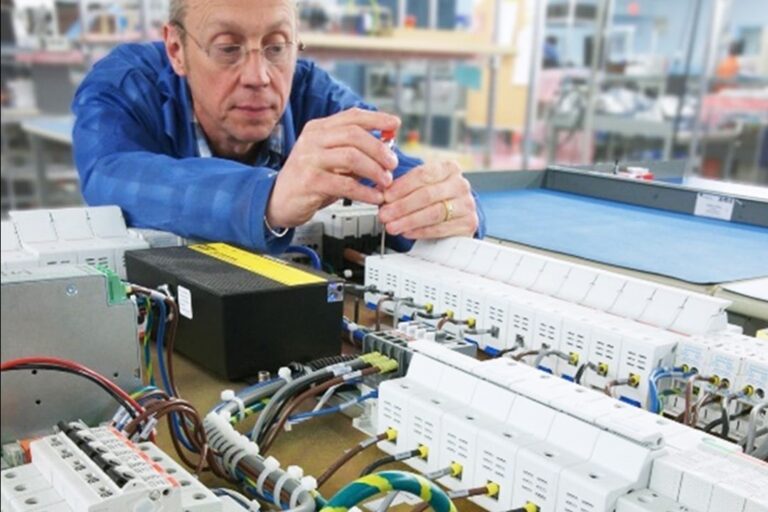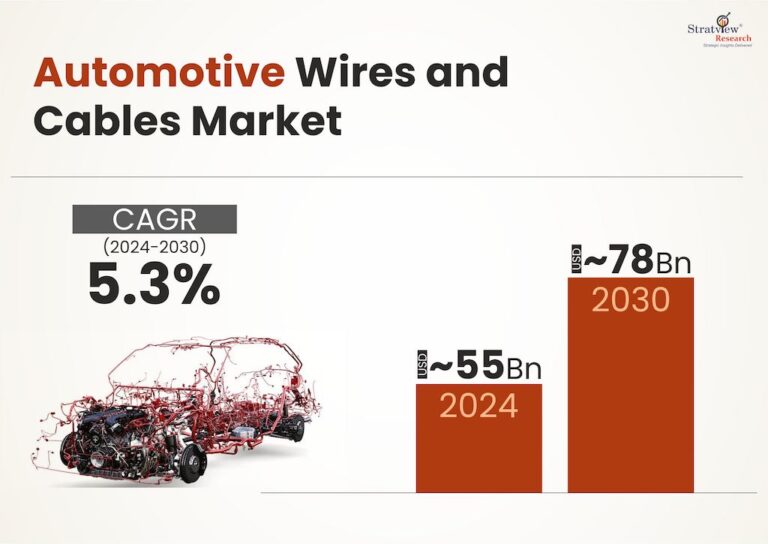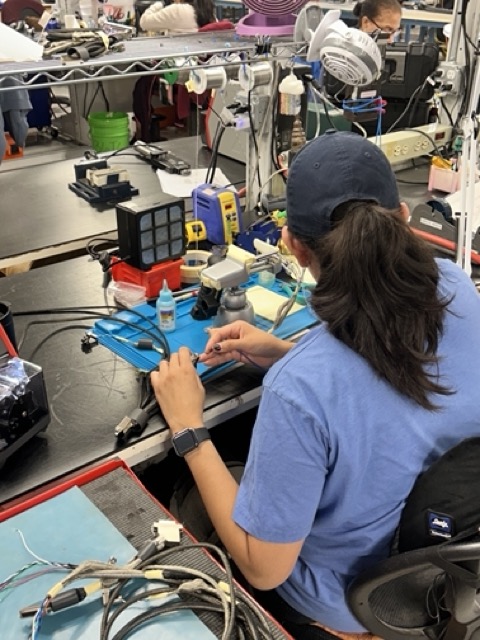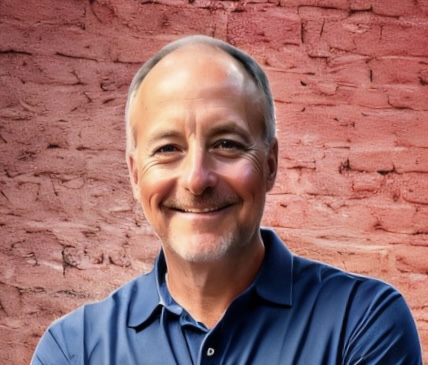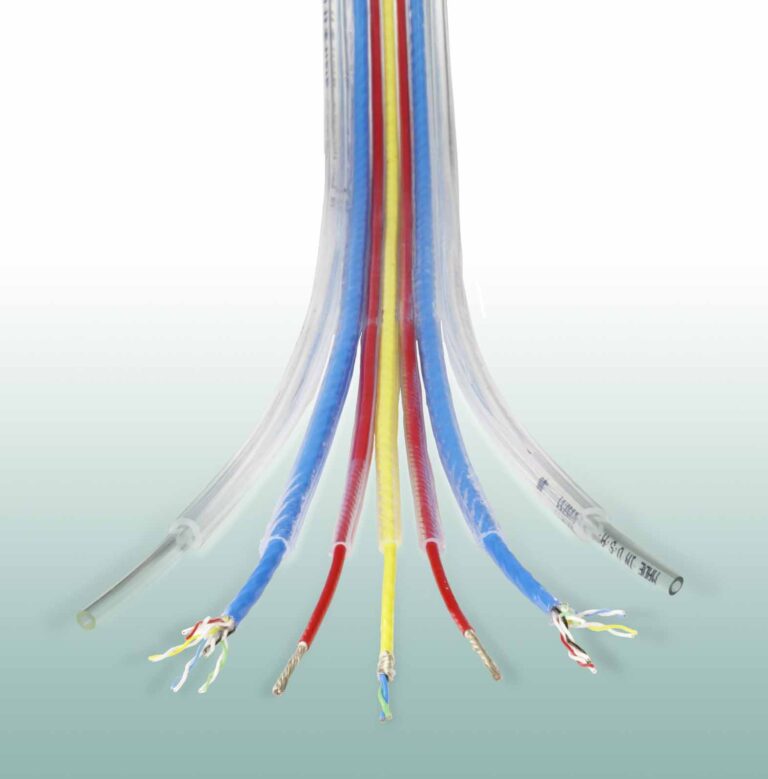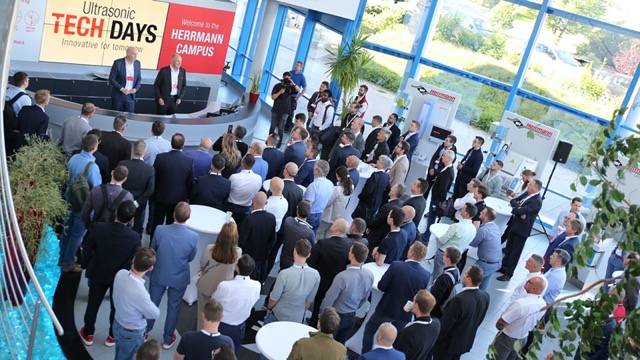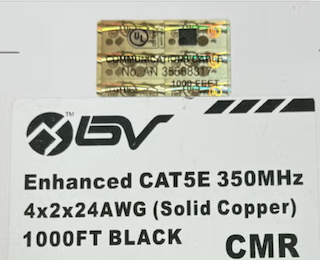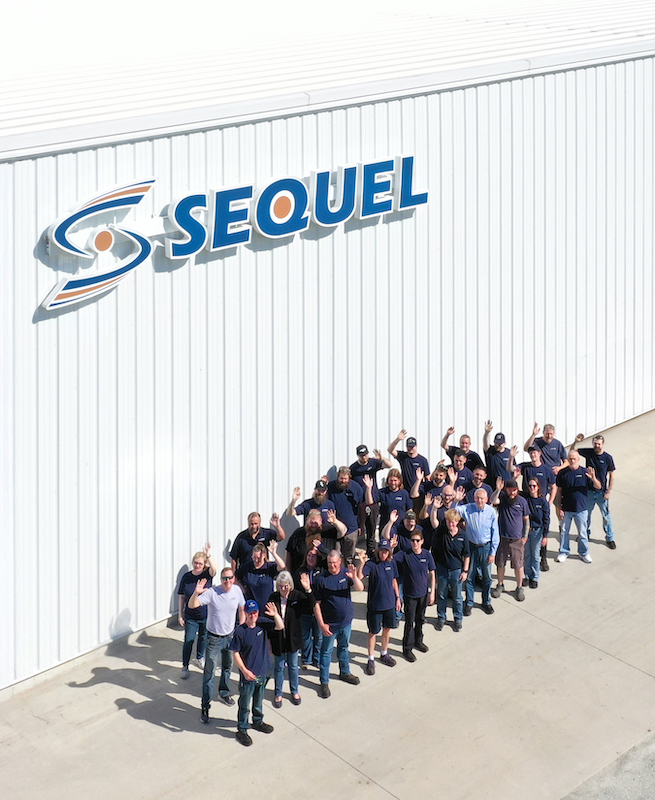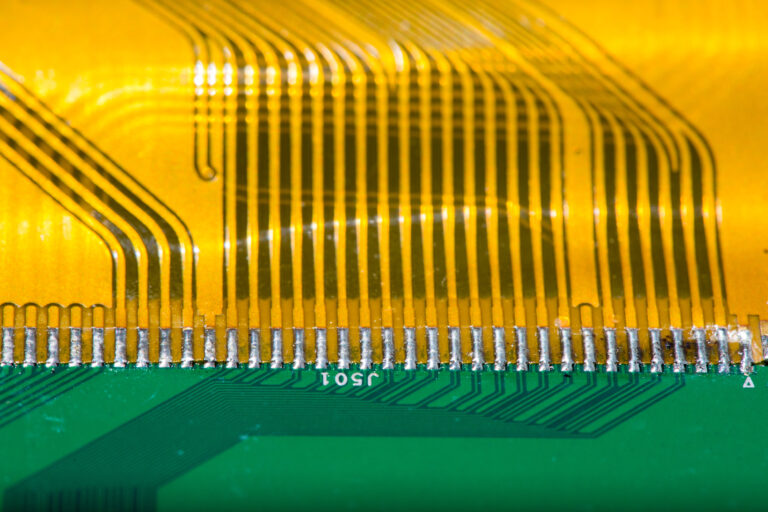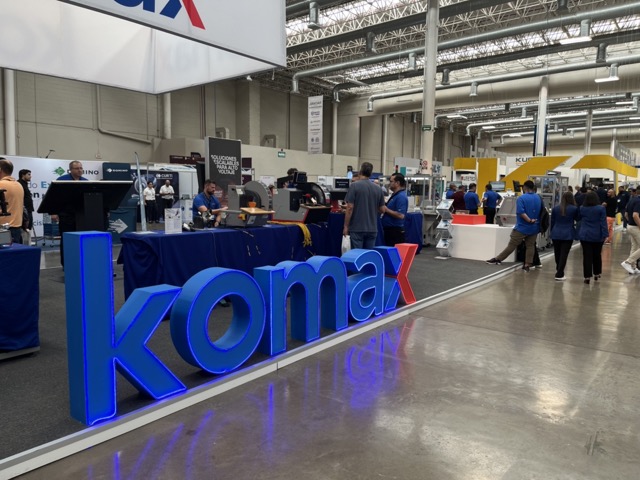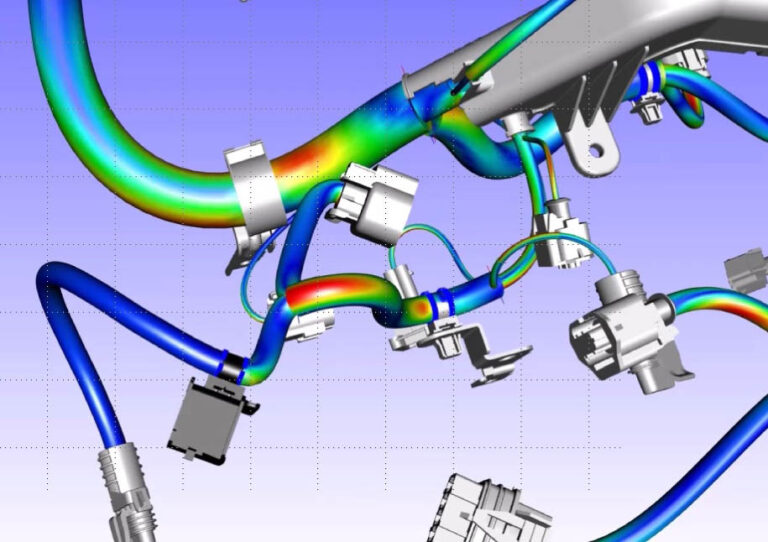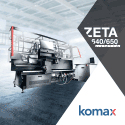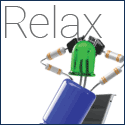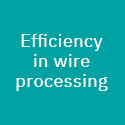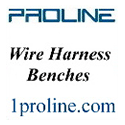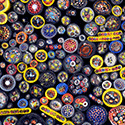Wiring Harness News recently caught up with Chris Sayler, Cofounder and President/CEO of Rogue Aerospace & Defense, a relatively new cable and wire harness business. Chris, and his fellow cofounders, bring more than 60 years of industry experience to this new venture and are focusing their efforts on aerospace, ground vehicles, and other high-reliability applications. We spoke with him about why they launched Rogue, how they’re building the company, and what makes Rogue different.
WHN: Let’s start with the big one—what made you want to launch your own harness business?
Chris: I’ve been in this industry since 1992—so over 30 years—and I’ve worked with a lot of great people, from coworkers to customers and vendors. I’ve always believed that relationships are the foundation of everything. I want to succeed alongside our customers and our vendors. It’s not a one-way street.
I’d been thinking about starting something for a long time. And I just hit that point in life where, if I didn’t do it now, I wasn’t going to. When I ran the idea by some former customers and colleagues, I got a lot of support. That sealed it for me. It felt like the right time.
Part of the reason for the name—Rogue—is because we feel like there are still a lot of old-school business practices out there, and we want to go our own way and do things better. There’s a changing of the guard happening. A lot of people I’ve worked with are retiring. I joke with the team: if I don’t do this now, all my contacts are going to be retired! I’ve got to make hay while they’re still working.
More than anything, I wanted to build a business that values partnerships and quality over just making a sale. Too many places I’ve been, it was all about getting the sale, no matter what. But you’ve still got to provide a quality product. You’ve got to remember where those products go and how important they are to the warfighter or civilian who’s depending on them. That sometimes gets lost, and I want to make sure we never forget it.
WHN: What sets Rogue Aerospace & Defense apart from other harness shops?
Chris: We’re not just focused on sales. We want to make sure the customer, the platform, the work—it’s all a good fit. We’re being very selective. Quality is number one. Sales will follow if your reputation and your product are solid. That’s what we want to be known for. We can build just about anything, but our real product is quality.
WHN: How did you go about putting together your team for your new business?
Chris: I brought in people I’ve worked with before. I know their capabilities and their work ethic. To do something like this, you need people who are willing to see the sunrise with you, if that’s what it takes. No excuses—just ownership and accountability. That’s a big part of our culture. I know I have that with Jeremy Spice as our VP with over ten years in Aerospace and fifteen years in sales & contracts, Colin Ayers as our Chief Operations Officer with over ten years in operations and manufacturing, and Kelly Yangula as our Chief Compliance Officer with over fifteen years in quality and compliance.
WHN: You’ve zeroed in on aerospace. Was that driven by your experience or by market demand?
Chris: Both. I have a lot of experience with military platforms and large OEMs, so that was a natural fit. But there’s also a huge need. COVID really hurt our segment of the industry—skilled wire harness manufacturers. A lot of small shops couldn’t survive the shutdowns. I’ve had big aerospace customers tell me, “We only have two suppliers left.” Their vendor lists have been cut in half. So, we saw the need and knew we could fill that gap.
That said, we’re also branching out. We’ve got projects in motorsports, test equipment, even parking meters. Everyone needs harnesses. So, we’re diversifying our customer base and getting great responses. People ask, “Can you do this?” and the answer is usually yes. We’re flexible and can tailor solutions to what the customer needs.
WHN: It used to feel like there were two lanes in this business—commercial and high-reliability. But now it seems like everything’s high-reliability. Do you see that too?
Chris: Absolutely. Everything is more accountable and traceable than ever before. You’ve got to be on point with what you build. Otherwise, you won’t keep customers—and worse, you’re putting risk into whatever system that harness is going into. The world’s changed. People hold you accountable. If you mess up, they’re coming after you—financially, legally, all of it. So yeah, it’s all high-reliability now.
WHN: How did you go about securing your first customers?
Chris: Through contacts I’ve built over the years—LinkedIn, business cards, long-term relationships. A lot of former customers and vendors are now friends. We’ve even vacationed together. Our kids became friends. In one case, a vendor’s daughter and my daughter ended up as college roommates! These relationships matter. It’s not just transactional. We care about people. That’s what makes us different.
WHN: For someone thinking about starting a shop like yours, what kind of equipment and setup does it really take?
Chris: There’s quite a bit of tooling. We’re doing mostly manual hand and some benchtop tooling to start—it’s more cost-effective. We do have automated and pneumatic strip machines because that’s an area where consistency is critical. Laser marking is also essential now.
The rest is about knowledge and relationships. You have to know how to read prints—some are good, some are not. We’re a build-to-print shop. We don’t do design, but we do make suggestions when we see something that’s not going to work.
We’ve had great support from the state of Tennessee, the county, the TVA, and all our vendor contacts. They know we’re new, and they’ve been helping us get off the ground with terms, equipment, and advice. So yeah—it takes a lot of tooling, a little equipment, a lot of knowledge, and a ton of support.
WHN: It would seem you’re wearing more than a few hats right now.
Chris: Oh yeah. And I don’t see that changing anytime soon. That’s just life in a small business. Every company I’ve worked for started small and grew, but you still wear a lot of hats. If you think you’re going to stick to just one role, you’re in the wrong business.
WHN: It’s clear you’ve built some strong momentum. What’s next for Rogue?
Chris: We’ve started taking orders and pulling in smaller contracts to get our foot in the door. It’s a proving ground. But we’re also bidding on long-term, multi-year contracts—especially with companies that want to bring work back from overseas. That’s exciting.
We don’t want to get huge. We’re based in a smaller community in Tennessee and plan to stay that way. We think we can grow to 20 or 30 people and stay right-sized—big enough to support our customers, small enough to take care of our people.
We want to build careers, not jobs. If we can give folks training, a good living, and pride in what they do, that’s a win. A lot of companies aren’t thinking that way. Too many are focused only on the bottom line. But we believe in the ripple effect. If we support our team, that impact goes through their families and the whole community.
That’s our plan: to grow but grow the right way.
